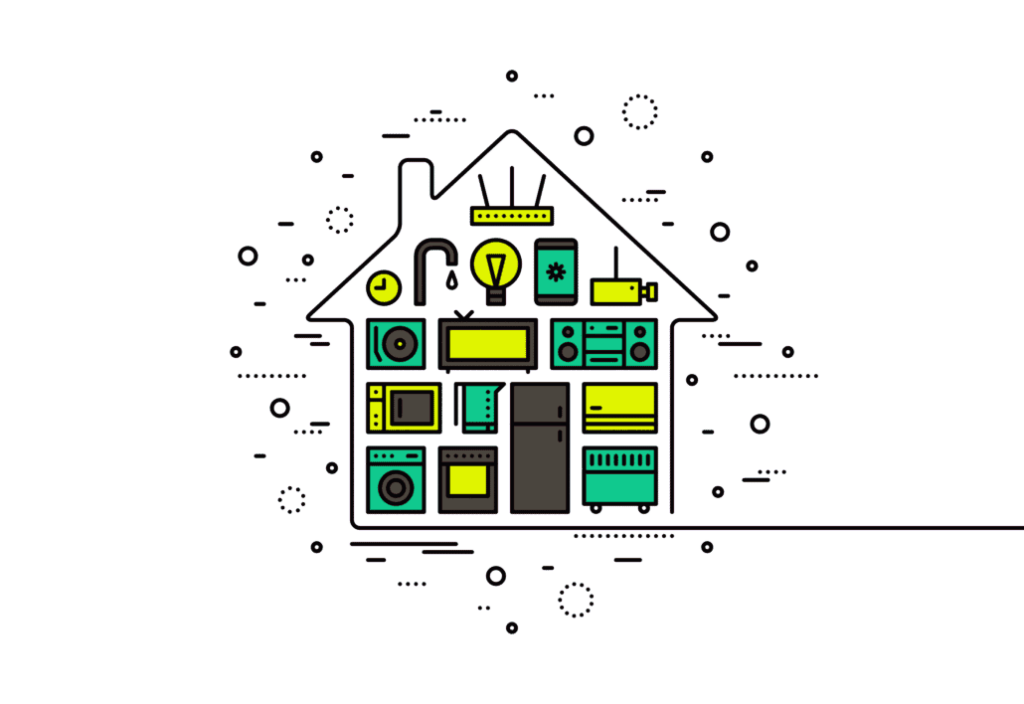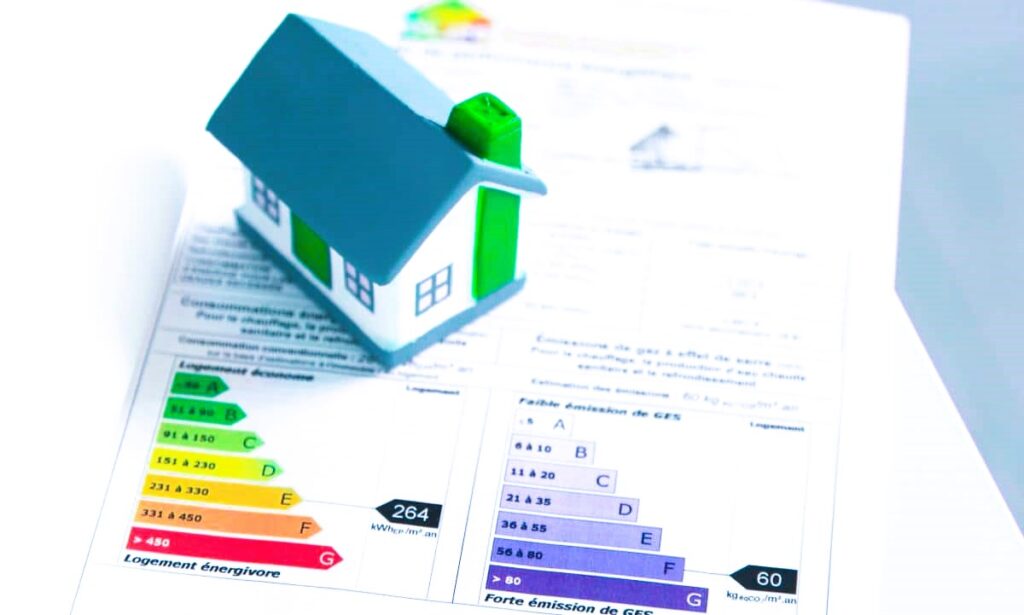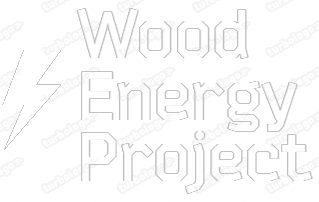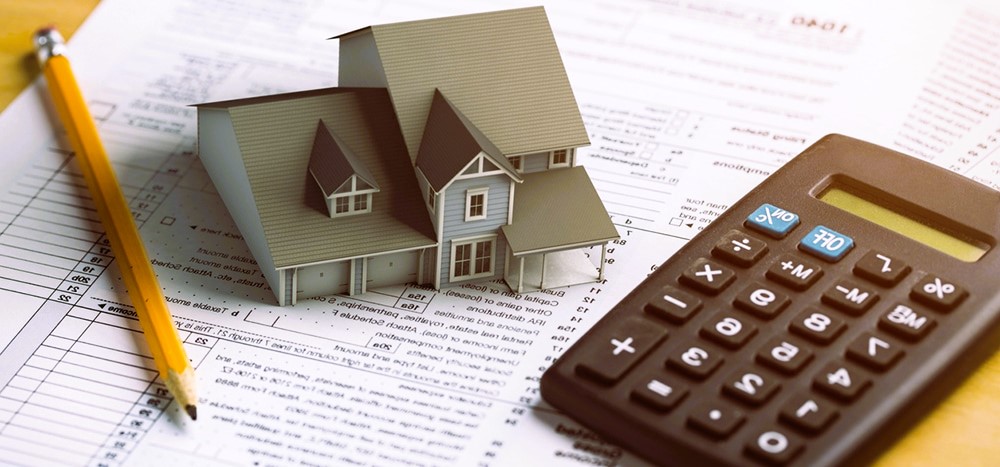Energy efficiency is a key concern for homeowners seeking to reduce their environmental footprint and save money on utility bills. Insulation plays a crucial role in improving energy efficiency, and conducting an energy audit is an effective way to assess the financial impact of insulation in your home. In this article, we will explore the importance of energy audits, their benefits, and how they help homeowners make informed decisions about insulation.
- Understanding Energy Audits
An energy audit is a comprehensive assessment of a home’s energy usage and efficiency. It involves a detailed evaluation of various factors such as insulation levels, air leakage, HVAC systems, appliances, and lighting. Energy audits can be conducted by professional energy auditors or through DIY methods using online tools and resources. The primary goal of an energy audit is to identify areas of energy loss and provide recommendations for improvements, including insulation upgrades.

- Identifying Energy Inefficiencies
Energy audits help homeowners identify areas where energy is being wasted, leading to unnecessary expenses. Through a thorough inspection of the home’s insulation, auditors can pinpoint areas with inadequate or deteriorated insulation, such as attics, walls, floors, and ductwork. By identifying these energy inefficiencies, homeowners can prioritize insulation improvements that will have the most significant financial impact.
- Assessing Insulation Effectiveness
During an energy audit, the insulation effectiveness of your home is evaluated. This involves measuring insulation R-values, which indicate the thermal resistance of the materials used. The auditor will determine if the insulation levels meet the recommended standards for your climate zone. Inadequate insulation can result in significant heat loss during winter and heat gain during summer, leading to increased energy consumption and higher utility bills. By assessing insulation effectiveness, homeowners can identify areas that require insulation upgrades for optimal energy efficiency.
- Estimating Energy Savings
Energy audits provide homeowners with estimates of potential energy savings resulting from insulation improvements. Using specialized software and calculations, auditors can determine the expected reduction in energy consumption and associated cost savings. This information allows homeowners to assess the financial feasibility of insulation upgrades and make informed decisions about their energy efficiency investments. Estimating energy savings helps homeowners understand the long-term financial benefits of insulation and provides a basis for evaluating return on investment. Long-term savings on insulated doors, read more in our article.
- Considering Return on Investment (ROI)
Insulation upgrades can be a significant investment, and homeowners often want to know the financial return on their investment. Energy audits provide valuable insights into the ROI of insulation improvements. By comparing the estimated energy savings with the cost of insulation upgrades, homeowners can determine the payback period—the time it takes for the energy savings to offset the initial investment. A shorter payback period indicates a higher ROI and greater financial benefits. Energy audits assist homeowners in evaluating the financial viability of insulation projects and making informed decisions based on their individual circumstances.
- Accessing Rebates and Incentives
Another advantage of energy audits is that they can help homeowners identify available rebates, incentives, and financing options for insulation upgrades. Many governments, utility companies, and organizations offer financial incentives to promote energy efficiency. These incentives can significantly offset the cost of insulation improvements, making them more affordable and accelerating the payback period. Energy audits help homeowners navigate the available programs and take advantage of financial support, maximizing the financial benefits of insulation upgrades.
- Improving Home Value

Energy-efficient homes with proper insulation are increasingly sought after in the real estate market. By investing in insulation upgrades based on the findings of an energy audit, homeowners can improve the value of their property. Energy-efficient homes not only attract potential buyers but also command higher selling prices. This financial benefit further demonstrates the value of energy audits and insulation improvements.
Conclusion
Energy audits provide homeowners with a comprehensive assessment of their home’s energy efficiency and insulation effectiveness. By identifying energy inefficiencies, estimating energy savings, assessing ROI, accessing rebates and incentives, and improving home value, energy audits enable homeowners to make informed decisions about insulation upgrades. With the financial impact of insulation improvements clearly assessed, homeowners can save money on utility bills, reduce their environmental impact, and enjoy a more comfortable living environment. Consider conducting an energy audit to unlock the financial benefits of insulation and take control of your home’s energy efficiency.

